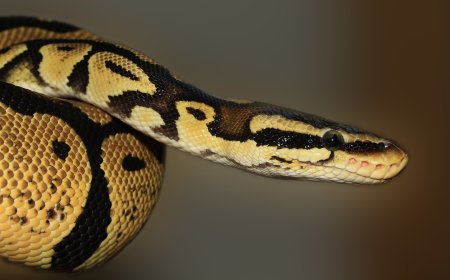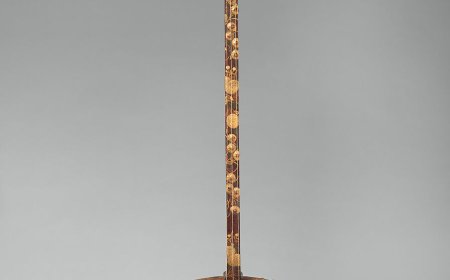Discover the difference between static and current electricity with examples fun facts vocabulary and an interactive quiz.
Learn the difference between conductors and insulators with examples vocabulary fun facts and a student friendly quiz to understand how electricity flows
⚡ Conductors and Insulators
🌟 Introduction
Electricity can be incredibly useful, but it doesn't just flow through everything. Some materials allow electricity to pass through them very easily, while others block it completely. These materials are called conductors and insulators, and understanding the difference is important for both building electrical devices and staying safe around electricity.
Imagine trying to send water through a pipe. If the pipe is open and smooth, the water flows quickly - this is like a conductor for electricity. But if the pipe is blocked or sealed, the water can't move - that's like an insulator for electricity.
Electricians, engineers, and even everyday people use conductors and insulators without thinking about it. The wires in your home are made of conductive metals so electricity can flow, but they are covered in insulating materials like plastic or rubber to prevent shocks. Knowing how conductors and insulators work helps us design safer buildings, devices, and power systems.
🔍 What Are Conductors?
Definition: A conductor is a material that allows electric charges to flow through it easily.
Why They Work: Conductors have electrons that are loosely attached to their atoms, so they can move freely when electricity is applied.
Common Conductors:
-
Metals: copper, aluminum, gold, silver
-
Some liquids: saltwater, acidic solutions
-
Graphite (a form of carbon)
Everyday Examples:
-
Copper wires in household wiring
-
Aluminum wires in power lines
-
Metal contacts in batteries and plugs
🔍 What Are Insulators?
Definition: An insulator is a material that resists the flow of electricity.
Why They Work: Insulators have tightly bound electrons that do not move freely, so electricity cannot pass through them easily.
Common Insulators:
-
Rubber
-
Plastic
-
Glass
-
Dry wood
-
Ceramics
Everyday Examples:
-
Plastic coating on wires
-
Rubber handles on electrical tools
-
Glass used in power line insulators
⚡ Why Conductors and Insulators Matter
-
Safety: Insulators protect us from electrical shocks.
-
Function: Conductors let electricity move where it's needed.
-
Design: Devices often combine both - wires (conductors) covered in plastic (insulator).
📚 Vocabulary Words
-
Conductor - A material that allows electricity to flow easily.
-
Insulator - A material that resists the flow of electricity.
-
Electron - A negatively charged particle in atoms that carries electricity.
-
Electric Current - The flow of electric charges.
-
Resistance - How much a material opposes the flow of electricity.
✨ Fun Facts
-
Silver is the best natural conductor of electricity, but copper is more commonly used because it's cheaper.
-
Birds can safely sit on power lines because they aren't touching the ground - no path for electricity to flow through their bodies.
-
Some materials can switch between being conductors and insulators, and they are called semiconductors - used in computers and electronics.
📌 Key Takeaways
-
Conductors allow electricity to pass easily; insulators block it.
-
Metals like copper and aluminum are common conductors.
-
Materials like rubber, plastic, and glass are common insulators.
-
Both conductors and insulators are needed in electrical systems for function and safety.
-
Understanding them helps prevent electrical accidents.
🖱 Interactive Multiple-Choice Quiz
1. What is a conductor?
A) A material that blocks electricity
B) A material that allows electricity to flow ✅
C) A material that stores electricity
D) A device that produces electricity
2. Which of these is an insulator?
A) Copper
B) Plastic ✅
C) Aluminum
D) Saltwater
3. Why are wires coated in plastic?
A) To make them look nice
B) To prevent electricity from escaping ✅
C) To make them conduct better
D) To make them heavier
4. What is the best natural conductor of electricity?
A) Silver ✅
B) Gold
C) Copper
D) Aluminum
5. Why can birds sit on power lines safely?
A) They are wearing insulating feathers
B) They are too light for electricity to flow
C) They are not touching the ground ✅
D) The wires don’t have electricity






















































